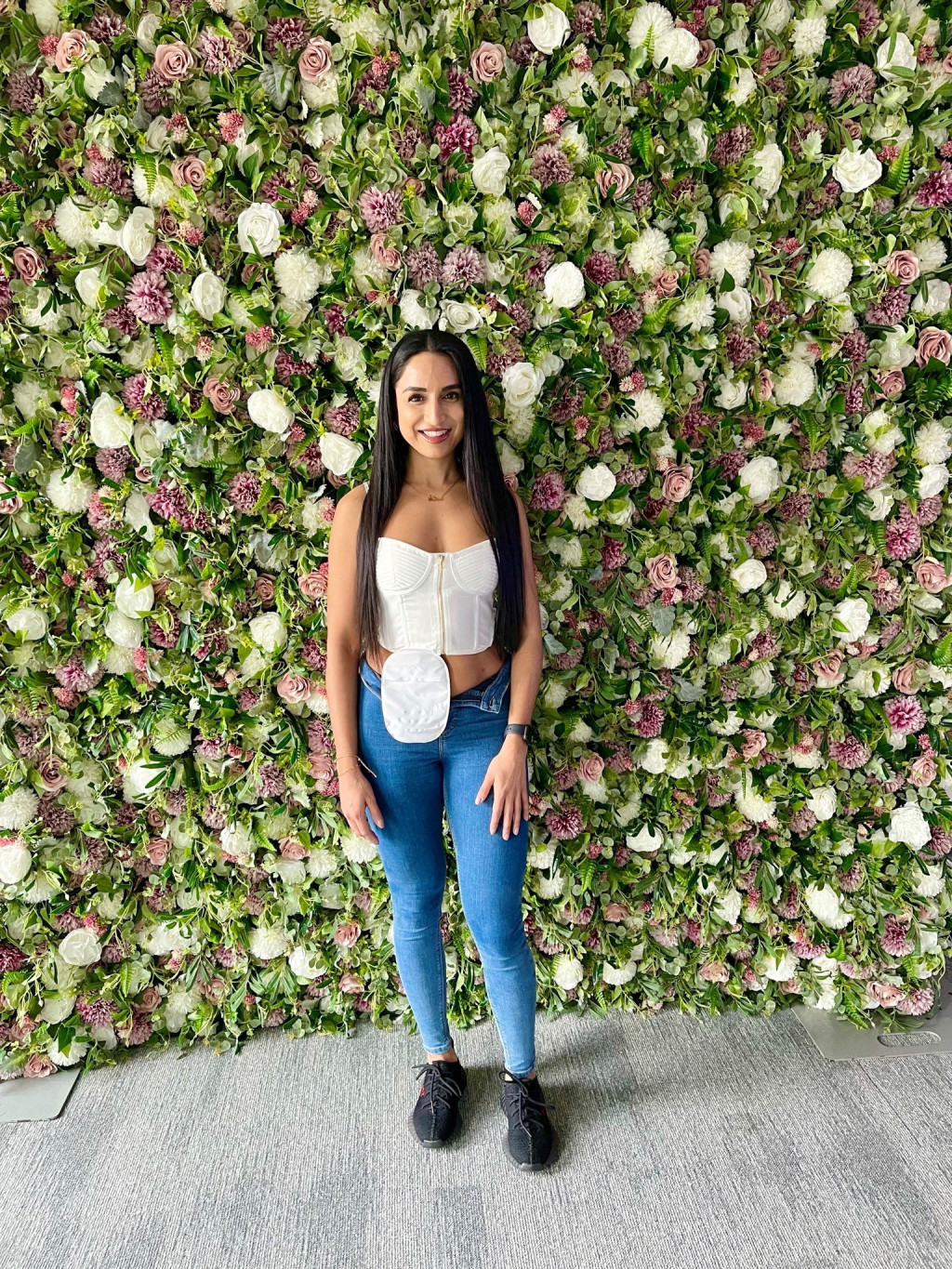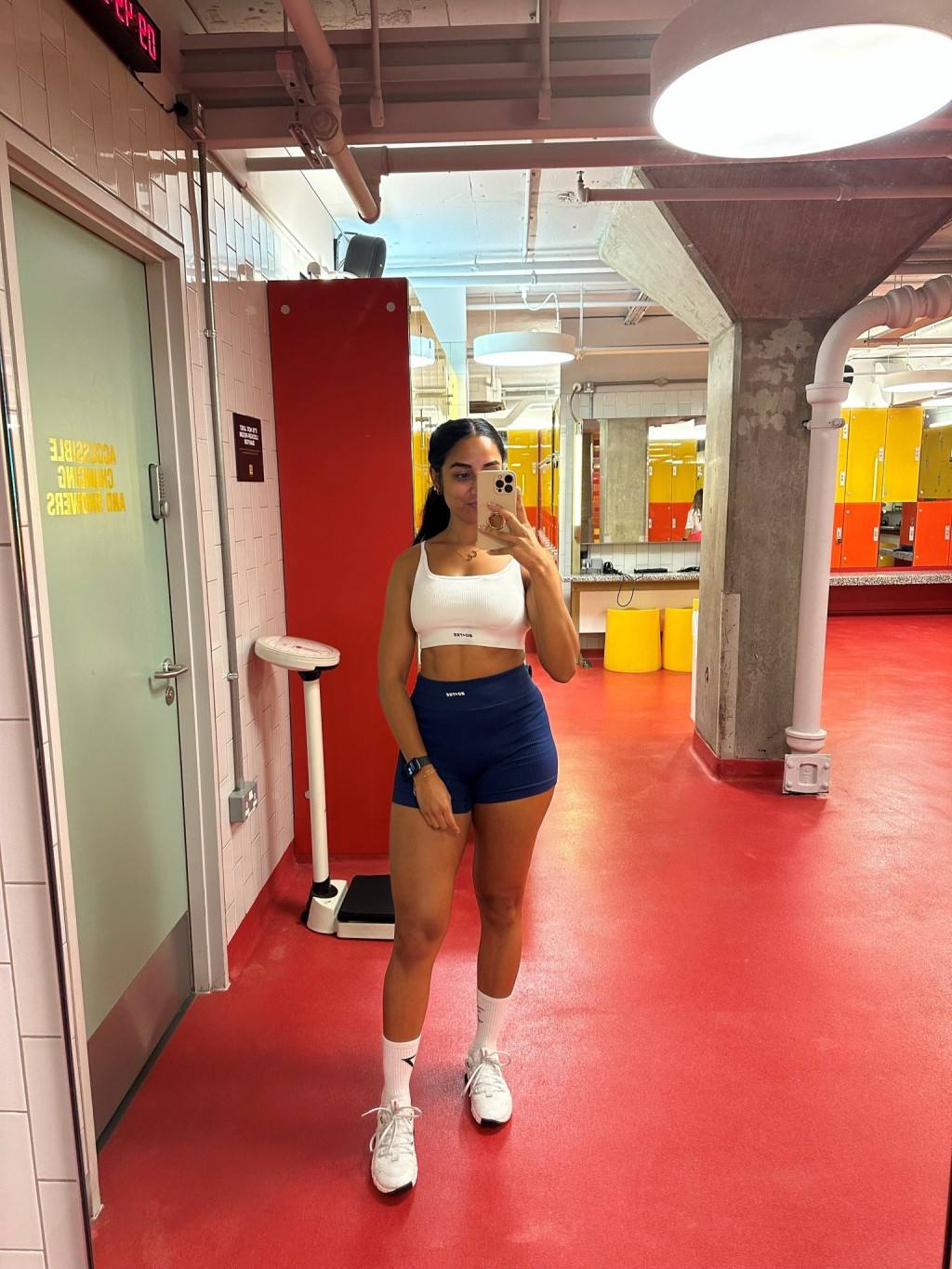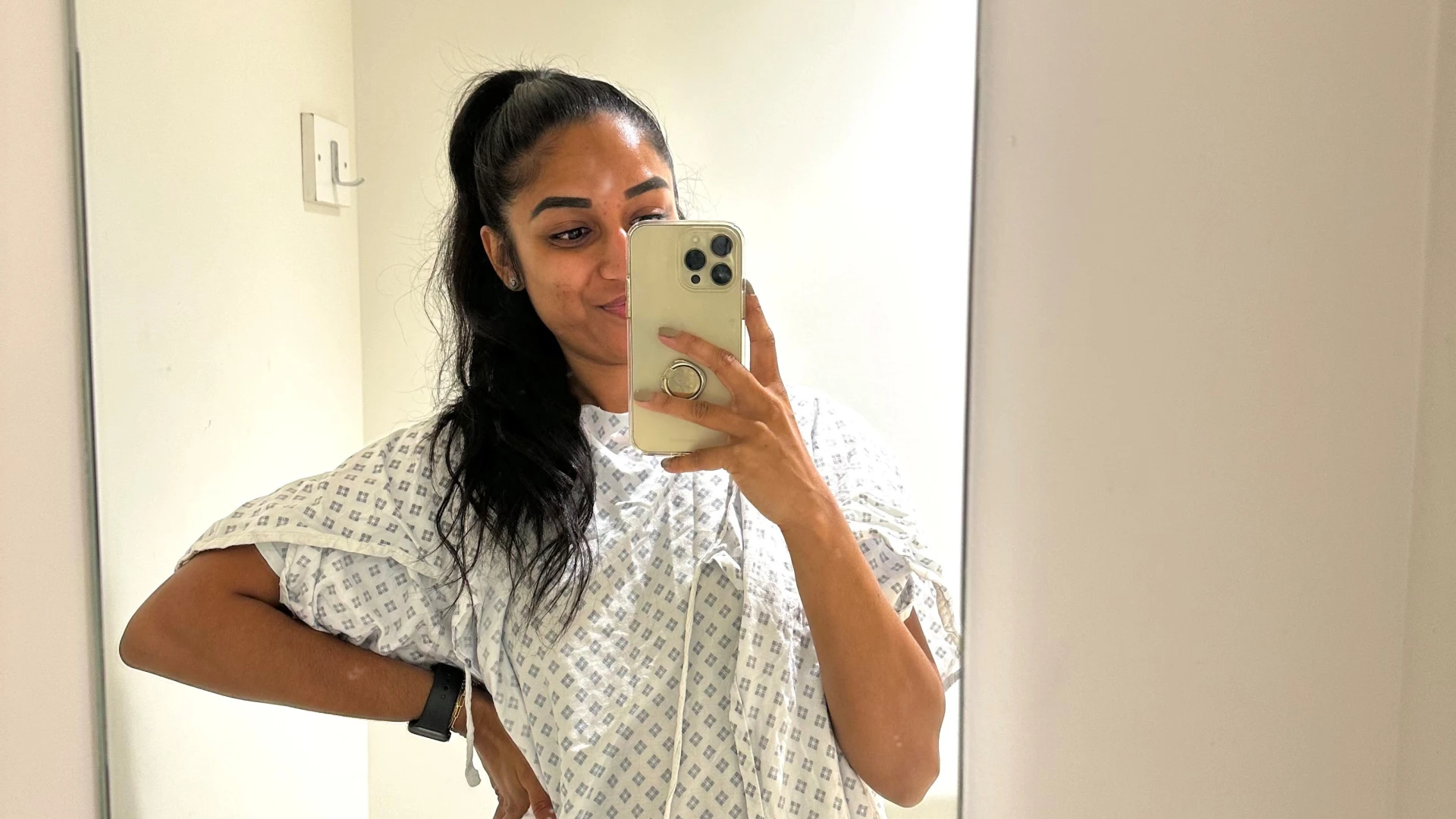Getting an endometriosis diagnosis is never straight forward, and in this post Tanya Aumeer highlights just that. Tanya bravely shares her many years of suffering and misdiagnosis, to eventually be told she has stage four endometriosis. She also opens up about the reality of living with the condition and how it can affect your social life, sometimes making you feel isolated and a burden. However, she shares words of inspiration, showing that the condition does not have to define you or your relationships.
The beginning of the journey
Explaining how she began her journey to obtaining her endometriosis diagnosis, Tanya says: “My journey started at University when I was 19 years old – I remember visiting the GP and speaking to them about having heavy and painful periods and visiting them (and my home GP) month on month, only to be told that this was normal. At the time, I had never heard of endometriosis.
Over the years, my symptoms gradually progressed and I started experiencing weight fluctuations, nausea and sickness, fainting, fatigue, bloating, cramps and in my mid to late 20s, I started experiencing bowel symptoms. I struggled to retain my food, as it would pass straight through me, and I would constantly need the toilet. I often had blood in my stools and painful bowel movements and again, my weight was fluctuating.”

Getting answers
“As I went back to the GP, I was misdiagnosed with IBS and referred to a dietician to help with my diet. I was then referred to a community gynaecologist who saw nothing wrong with me. After another year and a half, I was eventually seen by a specialist endometriosis consultant for a trans-vaginal scan, followed by a diagnostic laparoscopy and MRI. It was then confirmed I had stage four endometriosis. I eventually had surgery to remove the endometriosis which was found to be on my womb, ovaries, bladder, bowel, urethras and rectum and fused together. I then had two subsequent surgeries to support my urethras, bladder and kidney function.
I am managing ok with symptoms at the moment. Unfortunately my endometriosis has returned on my womb and ovaries and further surgery, along with fertility preservation, are being considered so my journey is still ongoing.”
Finding happiness, in the face of endometriosis
“Prior to surgery, it was difficult to socialise as I was constantly worried about being in pain and always needing the toilet. Most times, I would not be able to leave a restaurant without first needing the toilet and it would give me anxiety about eating out. Similar with travelling, fitness and general socialising, it was always something I had to consider. With work, I’d have sick days when I had my period and would need at least 1.5 days in bed with medication before returning to work. I am thankful that I had supportive management and was able to work flexibly.
I have an incredible group of friends and family that help me push past my symptoms to enjoy life. They are patient and understanding and allow me to take things at my pace when needed. I also know my body better now to know when to slow down and rest so I that have more days where I enjoy my life as opposed to spending them in pain.”

Hoping for change
“I think that there needs to be improved access to diagnosing endometriosis at an earlier stage. This would mean more medical professionals believing women who speak about their periods and pain not being normal for them and minimising the waiting times it takes to get diagnosed.
There also needs to be more awareness and education in schools for younger girls and those assigned female at birth, to understand what the symptoms are and to not be afraid to speak up when they are in pain or notice something different. I feel that speaking about periods is still such a taboo subject and we really need to open up the conversation further.”
“I wish more people knew that endometriosis is not just a bad period and can affect so many organs within the body. I had no idea that endometriosis could affect my bowel, kidneys and urethras and that it can cause life-changing devastating effects.
”
A note for other endo warriors
“If you are fighting for a diagnosis, I would encourage people to keep pushing and keep advocating for themselves as you know your body better than anyone else. I would advise keeping a symptoms diary or tracker as I have found that this helped when speaking with doctors.
I would also advise people to be gentle with themselves as it can be so difficult navigating life when suffering with endometriosis. I would encourage them to speak with others that are going through similar, whether this is online or in-person events, and to connect with other endometriosis warriors as they can understand what you are going through and offer a different level of support and empathy.”
